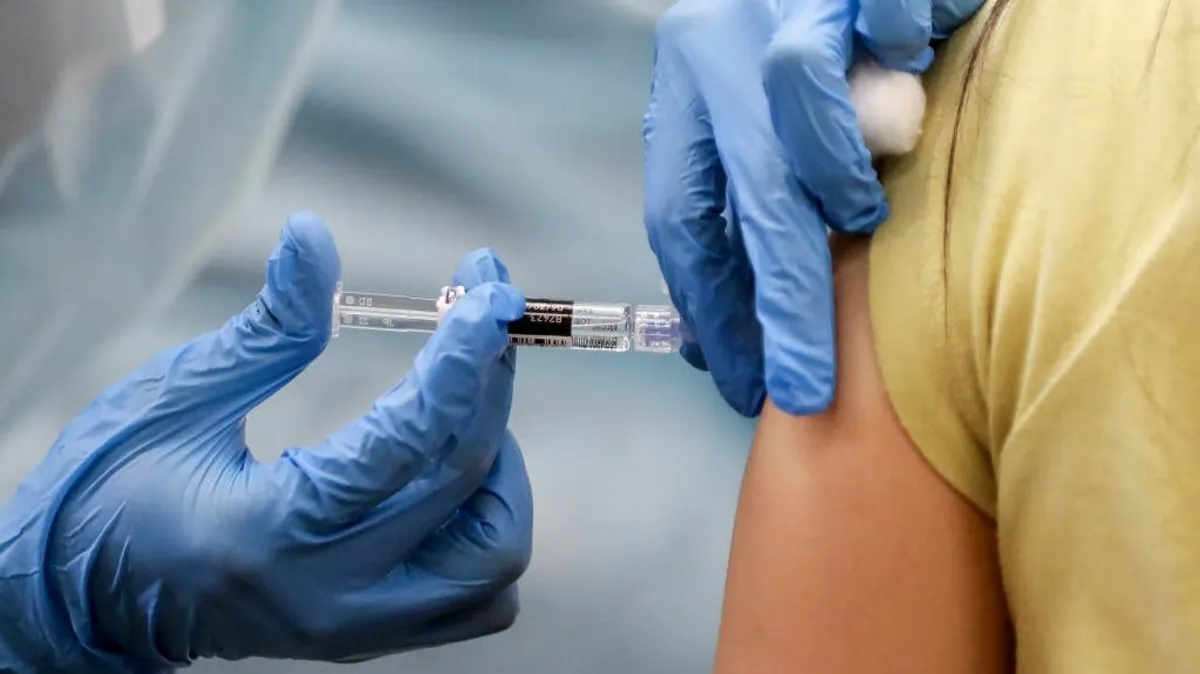
This year’s flu season has been exceptionally challenging and has emerged as one of the worst in decades. As we navigate the current situation, growing concerns are surfacing regarding next year’s flu vaccinations. Recently, the Food and Drug Administration (FDA), now led by vaccine skeptic Robert F. Kennedy Jr., made headlines by unexpectedly canceling a crucial March meeting of scientists who provide guidance on vaccine policy. This cancellation, coupled with a postponed meeting at the Centers for Disease Control and Prevention (CDC), raises significant questions about the future of flu vaccinations.
The timelines for developing effective flu vaccines are critically tight. As highlighted by epidemiologist Michael Osterholm, head of the University of Minnesota Center for Infectious Disease Research and Policy, the implications of canceling these March meetings are profound. “It takes about six months for the virus that scientists use for the vaccine to grow," Osterholm explained. "If you postpone it two months, you might find yourself in trouble when it comes to harvesting the vaccine.” The cancellation of these meetings jeopardizes the ability to make informed decisions about which flu strains will pose a threat next winter.
Many are questioning whether the vaccines can be manufactured without the guidance of the FDA or CDC panels. These panels play a crucial role in evaluating flu trends in the southern hemisphere, which typically predict what might occur in the U.S. four to five months later. Without this critical data, Osterholm warns, the capability to develop targeted vaccines diminishes significantly. "There’s a major effort made to come up with the closest match we can," he stated, emphasizing the importance of timely meetings in the vaccine development process.
As the federal government considers scaling back mass vaccination efforts, concerns grow about how individuals can still access vaccination services. Osterholm expressed significant alarm about the current state of vaccine-preventable diseases in the U.S., noting that several state governments are aligning with anti-vaccine sentiments. For instance, the Surgeon General of Louisiana recently stated that the state health department no longer supports vaccination campaigns for children, urging parents to seek immunizations independently.
The decline in MMR vaccines for children has led to a resurgence of diseases like measles, which had been declared eliminated in the U.S. back in 2000. Osterholm cautioned that a growing number of parents opting out of vaccinations could have dire consequences, stating, “This is not without a consequence. You may think you’re making a moral choice, but it can end up killing your child.” He lamented the current lack of leadership from federal governments in advocating for public health.
With the recent cancellation of the Advisory Committee on Immunization Practices’ meeting, the future of vaccination programs hangs in the balance. Without recommendations from this committee, which are essential for CDC approval, the funding mechanisms for child vaccination programs may be jeopardized. Osterholm explained, “Without that, you basically don’t have a mechanism for paying for these vaccines.” Many state and local health departments depend heavily on federal funding for their immunization programs, and the potential reduction in support under the current administration is alarming.
As discussions about pandemic readiness continue, Osterholm emphasized the urgency of the situation. “Everyone has to understand the pandemic clock is ticking. We just don’t know what time it is,” he warned. He expressed concern that we are not prepared for future pandemics and highlighted that critical lessons from the COVID-19 pandemic have not been thoroughly reviewed or implemented. “I fear that we’re going into the next pandemic not any better prepared,” he stated, noting a significant erosion of trust in public health.
In conclusion, the combination of an especially harsh flu season and the uncertainties surrounding future vaccination efforts poses significant challenges for public health. As we move forward, it is crucial to prioritize timely meetings, maintain robust vaccination programs, and address public concerns to ensure community health and safety.